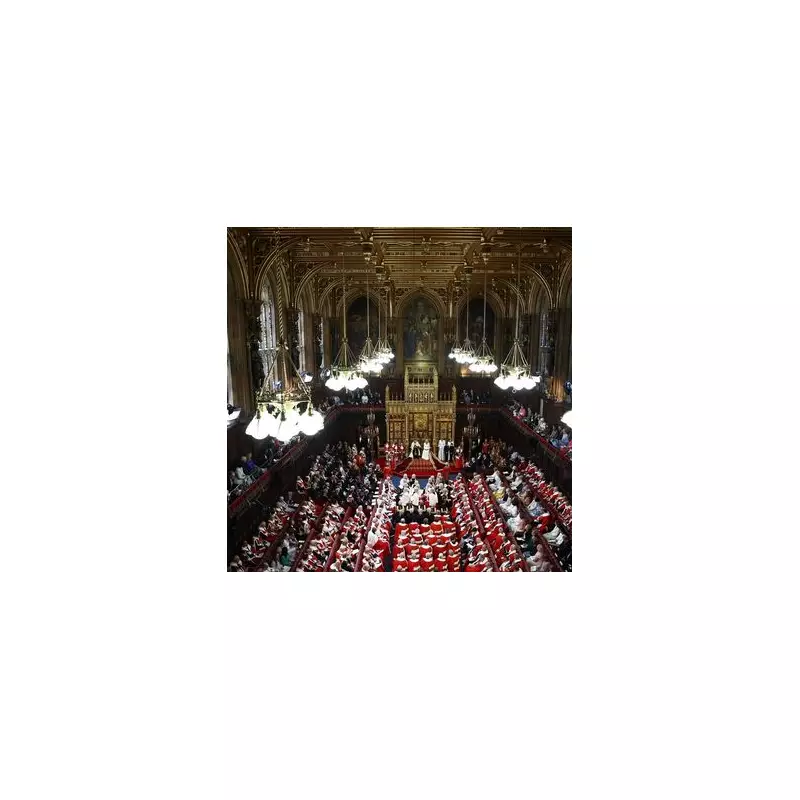
A furious political row has erupted in Westminster after Conservative hereditary peers were accused of deliberately sabotaging critical new fire safety laws, drafted in the wake of the Grenfell Tower tragedy which claimed 72 lives.
The proposed legislation, known as the Building Safety Bill, is facing significant delays in the House of Lords. Campaigners and MPs are pointing the finger at a group of unelected Tory peers, who they claim are using procedural tactics to stall its progress.
"A Betrayal of Grenfell Victims"
Outraged campaigners have labelled the moves a "shameful betrayal" of the Grenfell victims and the thousands of families still living in unsafe buildings across the UK. The bill aims to implement key recommendations from the Grenfell Inquiry, including strengthening regulations around flammable cladding and establishing a new building safety regulator.
Political Games in the Lords
Reports suggest the peers are employing a technique called 'ping-pong' – where amendments are sent back and forth between the Lords and the Commons – to delay the bill's passage. This tactic is preventing the bill from receiving Royal Assent and becoming law, leaving crucial safety reforms in limbo.
The controversy shines a harsh light on the anachronistic presence of hereditary peers in Britain's modern democracy. These members, who inherit their titles and seats, are now at the centre of a storm for potentially blocking life-saving measures.
Mounting Pressure for Reform
The delay has intensified calls for the complete abolition of the hereditary peer system. Critics argue that it is indefensible for unelected officials, who owe their position to birthright rather than public mandate, to have the power to hinder such vital legislation.
As the political stalemate continues, leaseholders and residents in high-risk buildings are left in a state of anxiety, waiting for the protections they were promised in the aftermath of one of the UK's worst modern disasters.





